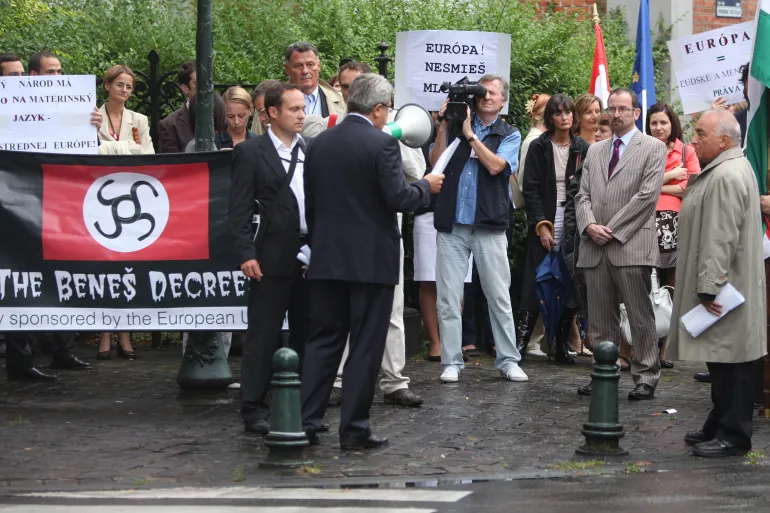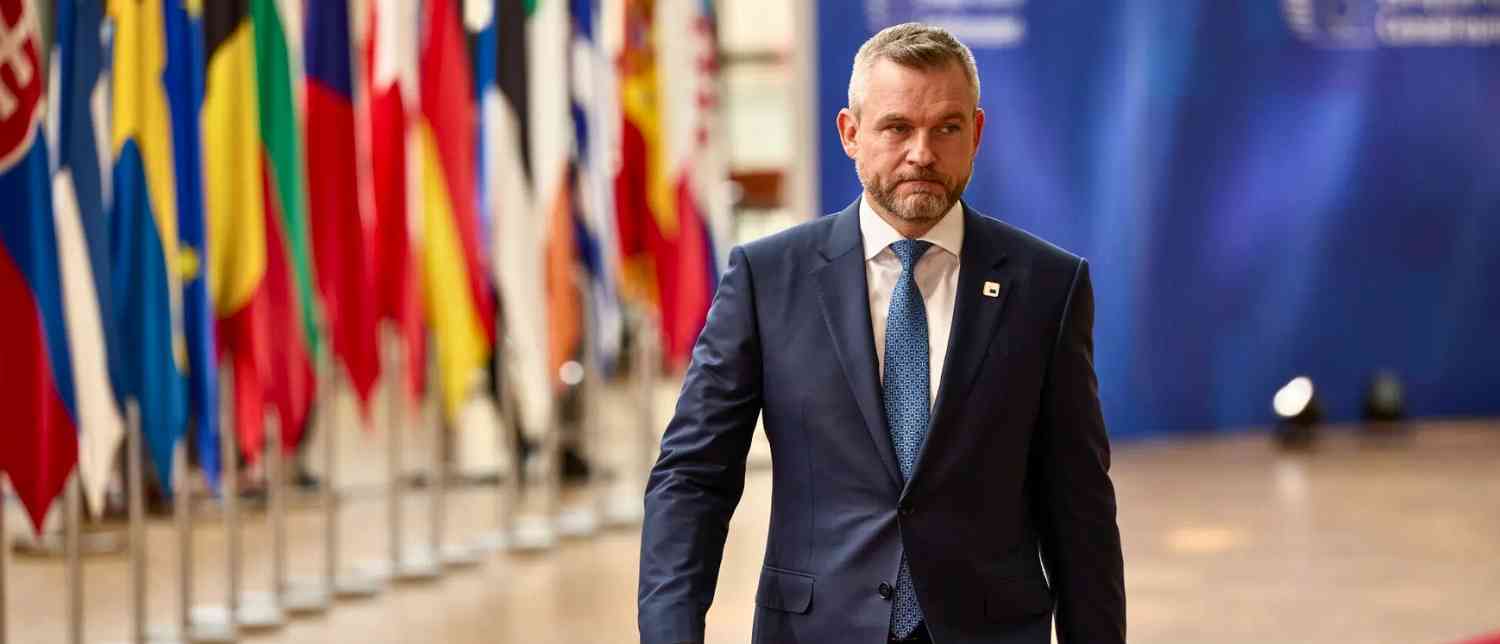Slovakia has recently passed a significant constitutional amendment that officially recognises only two sexes—male and female. The new law, which came into effect after a narrow parliamentary vote, also introduces limits on adoption rights, restricting them almost exclusively to married heterosexual couples. This legal change sparked wide discussion both within Slovakia and across Europe for its potential social and political implications.
_1758955265.avif)
The amendment states that Slovakia recognises only two legal sexes, male and female, defined at birth. It also affirms that the nation's cultural and ethical sovereignty will take precedence over European Union (EU) regulations in these matters. In addition to this binary gender recognition, the amendment severely restricts adoption rights, allowing only married couples to adopt children. Surrogacy is also banned under this new constitutional framework. The law builds on Slovakia’s existing constitutional definition of marriage as a union exclusively between a man and a woman.
This legislation was pushed by the government led by Prime Minister Robert Fico, who framed it as essential to protect "traditional values" and as a barrier against progressive political ideologies. Fico described the amendment as a "significant dam against progressivism" and expressed concerns about what he views as the aggressive spread of liberal ideology. The amendment passed with a slim majority of 90 votes in the 150-seat National Council, supported by some opposition members, which took many by surprise. The law's supporters argue that it upholds Slovakia’s national identity and cultural heritage.
Critics of the law, including human rights organisations like Amnesty International and political opponents, warn that this amendment could have serious negative impacts on the rights and lives of LGBTQ+ individuals in Slovakia. They argue the law is designed to exclude and discriminate against people who do not fit into the traditional male-female gender binary. There is also concern that restricting adoption to married heterosexual couples may limit the ability of many loving families, including same-sex couples or single parents, to provide homes for children in need.
_1758955154.webp)
Legal experts have cautioned that prioritizing Slovak law over EU rules on gender and family matters could provoke legal challenges and potentially lead to sanctions, as EU law generally supports broader gender recognition and non-discrimination. Amnesty International described the changes as a "devastating step" that contradicts international human rights commitments, while the Council of Europe warned against the institutionalisation of discrimination.
Some analysts view the move as politically strategic. Prime Minister Fico’s government, composed of populist and nationalist factions, may be using the amendment to consolidate power and distract from other issues such as falling poll numbers and economic challenges.
Slovakia’s amendment follows similar moves in neighbouring countries like Hungary and reflects a broader trend in parts of Eastern Europe to legislate gender and family matters conservatively. The changes mark a departure from more progressive European norms that promote recognition of diverse gender identities and family structures.

In summary, Slovakia’s new constitutional law on gender and adoption marks a significant legal and cultural shift. It officially recognises a strict gender binary and restricts adoption rights, underscored by a strong emphasis on national sovereignty over EU directives. While intended by its supporters as a defence of traditional values, it raises concerns about human rights and the impact on the LGBTQ+ community and non-traditional families. The law adds Slovakia to the list of European nations debating complex issues of gender, identity, and family rights in a politically charged environment.
With inputs from agencies
Image Source: Multiple agencies
© Copyright 2025. All Rights Reserved. Powered by Vygr Media.

























